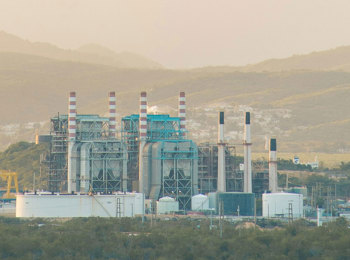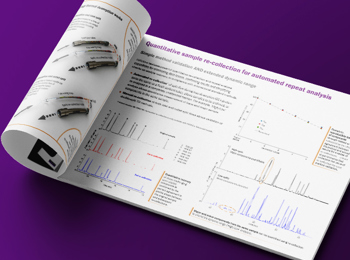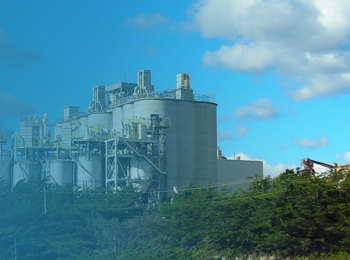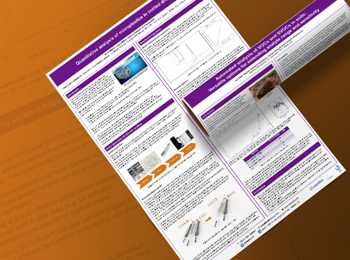Content hub
A wealth of advice and information on VOC and SVOC analysis.

PFAS in air: Validating ASTM D8591 for the measurement of airborne fluorotelomer alcohols
Application Note 179

Snow DUMP-ing: Using direct TD–GC–MS to tackle urban snow and microplastic pollution
A solvent free, direct thermal desorption (TD) GC-MS approach for analysing particulates in snow, eliminating toxic solvents and reducing sample prep time.

Advancing atmospheric research in India using solvent‑free, cryogen-free thermal desorption
Physical Research Laboratory (PRL), India

Fundamentals of environmental air monitoring: Overcoming challenges in VOC analysis with advanced GC–MS techniques
Practical strategies for robust VOC air monitoring with advanced GC–MS.

Switching to hydrogen carrier gas: An analyst’s guide to GC–MS method conversion
Discover the critical steps in implementing a hydrogen carrier gas GC-MS workflow and the benefits it offers as a sustainable solution.

Improving moisture management and increasing sample throughput for environmental air monitoring
Enthalpy Analytical, USA

Instruments for monitoring ozone-depleting substances and greenhouse gases
UNITY–CIA Advantage-xr, NuVo 200 and Medusa

EPA Method 327: A technical perspective on ethylene oxide monitoring
26 February 2025

Real-world implementation of dual canister and tube analysis of hazardous air pollutants using TD–GC–MS
On-demand webinar

Beyond air monitoring: Advancements in trace level detection of chemical warfare agents and toxic chemicals in environmental matrices and contaminated materials
Presented at CBRNe World, USA, 2024

What are the best sampling techniques for the analysis of VOCs and SVOCs in air using thermal desorption?
Presented at CEM India - Sampling techniques, 2024

Fast, high sensitivity analysis of chlorophenols and common odorants to assess water quality by HiSorb TD–GC–MS
Presented at ISC, Liverpool, UK 2024

How to monitor F-gases using pre-concentration with GC–MS
On-demand webinar

TT24-7NRT
TT24-7NRT near-real-time thermal desorber for GC and GC–MS – delivering continuous,
uninterrupted monitoring of airborne chemical warfare agents (CWAs) and toxic industrial chemicals (TICs).

Monitoring of ozone depleting substances and greenhouse gases – product portfolio
On-demand webinar

Understanding the updated HON rule: Impacts on air monitoring at chemical plants
14 June 2024

Emissions of PFAS from fluoropolymer-coated cookware: Analytical advances and findings
On-demand webinar

Overcoming challenges for air analysis of hazardous air pollutants (HAPs)
On-demand webinar




